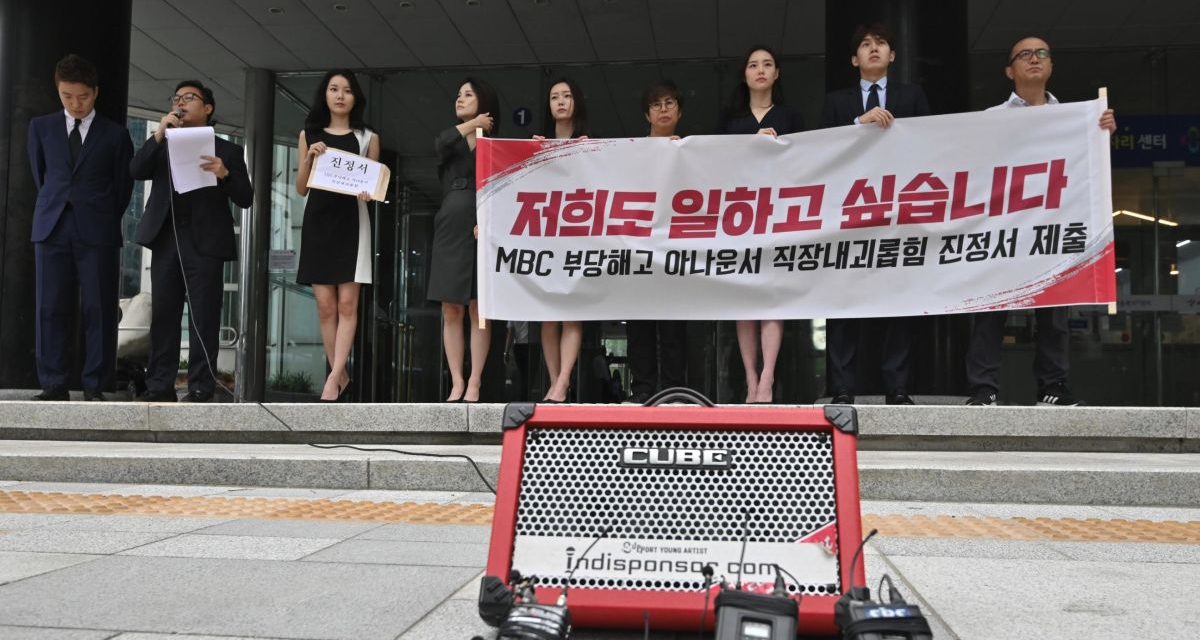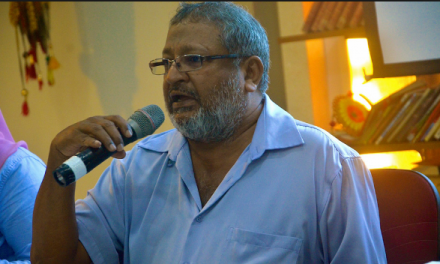South Korea has introduced tough new workplace anti-bullying laws with penalties that include jail for employers in some cases.
It marks the first time the country has required employers take action against harassment.
Workers will be able to report behaviour such as gossiping or being forced to attend company functions.
Harassment in the workplace is widespread in South Korea with about 70% of employees reportedly affected.
Under the laws, employers are prohibited from taking any measures – including dismissal – against a victim or employee who has reported workplace bullying.
They face up to three years in prison or a fine of up to 30 million won ($25,470; £20,355).
Victims will also be able to apply for compensation if they develop health problems after being harassed at work.
A report by the National Human Rights Commission of Korea found that about 70% of employees in the country have been bullied by their work superiors and colleagues.
It found 60% of victims took no action, while 12% of workers faced harassment every day.
To help companies understand what constitutes bullying, the government published guidelines on the type of behaviour that counts as harassment.
Examples included gossiping about colleagues or spreading personal information, as well as forcing someone to drink, smoke or attend a company dinner.
Verbal abuse or embarrassing colleagues in front of others were also listed.
Stamping out ‘gapjil’
In the past, South Koreans found it difficult to report abuse, with the lack of a legal framework to protect workers viewed as the main reason why many hesitated to speak out.
The legislation is aimed at wiping out so-called workplace “gapjil”, which refers to abusive conduct by people in positions of power.
The “nut rage” incident involving Korean Airlines executive was one high-profile example.
Cho Hyun-ah, daughter of the airline’s then chairman Cho Yang-ho, made headlines around the world when she flew into a rage after nuts arrived in a packet and not on a plate on board a Seoul-bound flight from New York.
The case attracted intense attention in South Korea, re-opening a national debate about the Korean business system, which is dominated by family firms known as chaebols.









